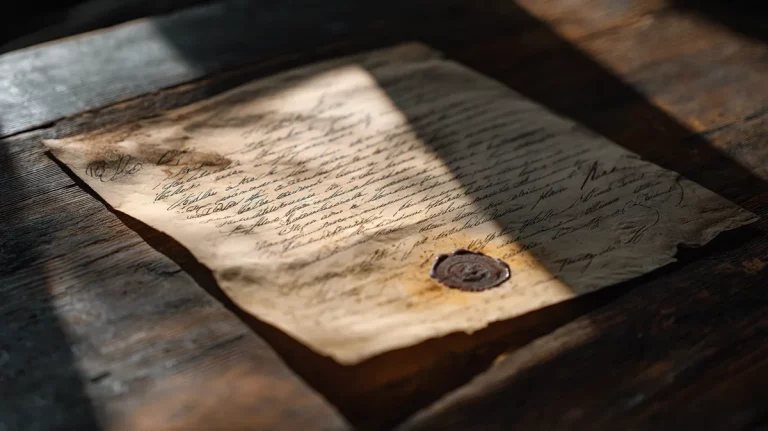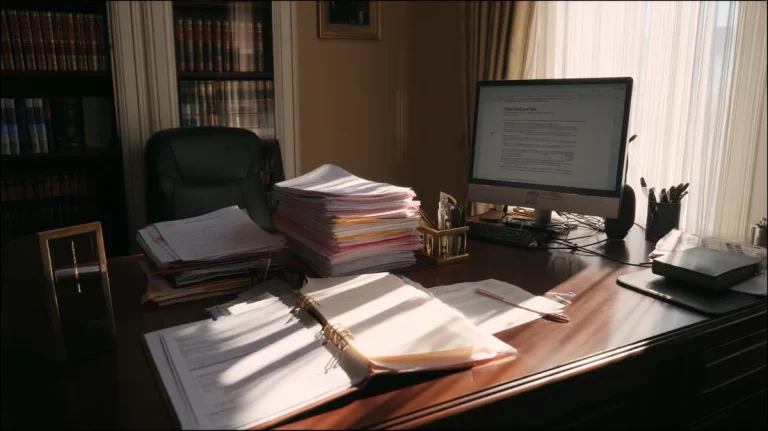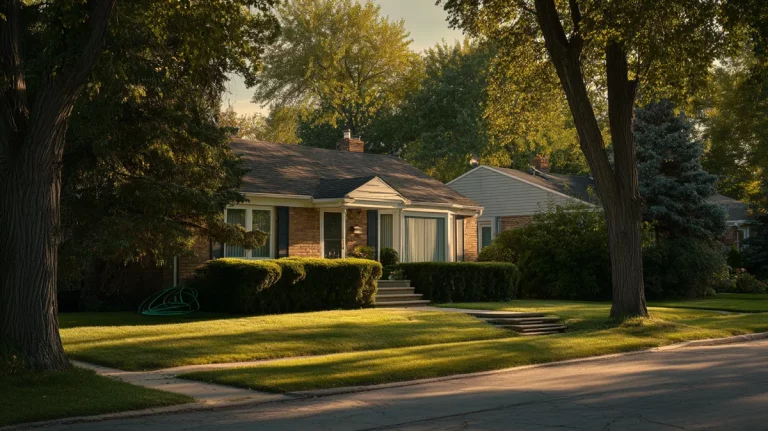Picture this: your uncle passes, the last will and testament rests in a desk drawer, and the named executor keeps saying they will “get to it.”
Weeks stretch into months, bills pile up, and nobody knows where the money went. When a person dies, the law expects smooth estate administration.
If the executor does not follow the script, courts move fast, creditors knock, and every beneficiary starts worrying about their share of the inheritance. Below you will find the plain-English guide to what really happens when the executor stalls, hides papers, or simply doesn’t follow the will.
Understanding the Legal Role of a Will
A will is more than a sheet of paper. Once considered valid, it spells out exactly how the testator wants estate assets and personal property divided, appoints a personal representative, and sets instructions for paying debts and taxes.
Without it, state probate laws push the estate through a default formula that may ignore the wishes of the deceased. In other words, solid estate planning keeps the treasure map clear, lets an heir track every coin, and leaves less room for fights.
Who Is Responsible for Carrying Out a Will
The job falls to the executor of the estate, often someone chosen by the deceased for their level head. The duty of the executor sounds simple: gather property, pay each creditor, settle every outstanding debt, then send the remaining assets to the beneficiaries according to the terms of the will.
In reality, the role demands receipts, court filings, a death certificate, and constant math checks.
An executor must hustle to file a will within statutory deadlines, open probate, and report to the court, because an executor may be held personally liable if money disappears or deadlines vanish.
The Role of the Probate Court
Think of the probate court as the referee. From the moment probate to be opened starts, the judge watches every move.
Some deadlines are strict. For example, Nevada Revised Statute 136.050 says a person possessing an original will must be filed with the clerk in just thirty days.
If that timer runs out, penalties kick in and the court to have the executor comply can fine, freeze accounts, or remove the executor outright. Once letters of appointment issue, the judge checks reports, approves sales of property, and signs off before the estate to beneficiaries wraps up.
Common Reasons a Will Might Not Be Followed
Even well-meaning people stumble when grief mixes with paperwork. Sometimes an executor fails by accident, sometimes they ignore hard jobs on purpose, and sometimes relatives pull the rug with lawsuits.
Whatever the spark, trouble tends to land in predictable buckets.
Executor fails to perform duties
Paperwork, appraisals, and tax forms overwhelm plenty of smart people. When the executor’s mistakes trigger late fees or investment losses, beneficiaries may suffer real financial losses.
A judge can replace the personal representative, surcharge them for damage, and declare them personally liable for missteps.
Family disputes or will contests
One heir swears they got the short end of the stick, another squints at the signature and calls it bogus, and suddenly the dining room’s full of lawyers. While the probate judge untangles the mess, the money often sits in limbo.
Allegations of fraud or undue influence
When the executor clams up about bank records or Grandma’s jewelry box suddenly disappears, folks head straight to court. A judge can drag the executor in and demand an explanation for every penny.
Swipe estate property and you could be staring at felony charges, a restitution order, and even time behind bars.
Outdated or invalid wills
A document typed on loose-leaf without witnesses might crumble when tested. Judges hunt for proper signatures and notarization; if any piece is missing, the whole plan can be tossed out.
Once intestacy rules kick in, distant relatives may end up inheriting while the people the decedent cared about most get left behind.
Legal Consequences of Not Following a Will
Courts treat fiduciary flubs like serious business. Forgetting a gas bill is one thing; ignoring a judge is another.
Probate petitions and court orders
A quick petition for an accounting forces transparency. If numbers don’t line up, the court can appoint someone else and demand the ousted rep repay losses. The new administrator then works on behalf of the estate to clean up the mess.
Contempt of court or civil penalties
Skipping hearings or hiding documents invites contempt findings. At that point, the executor would face fines or, in extreme circumstances, a night in county lockup. Judges wield that stick to protect the best interests of everyone involved.
Criminal charges in extreme cases
Pocketing rent checks counts as embezzlement. Under many statutes, a rogue executor faces felony counts, restitution orders, and probation—or prison when the numbers soar. Headlines often follow when an executor walks away in handcuffs, a stark reminder that probate judges do not tolerate theft.
What Beneficiaries Can Do If a Will Isn’t Followed
First, take immediate action. Gather paperwork, talk with siblings, and hire an experienced probate attorney. A good probate lawyer knows every step you can take: request bank records, freeze assets, or petition the court to compel the executor to act.
If neglect turns to abuse, the judge will have the executor removed and install a neutral CPA who can handle the estate in the best interest of the estate.
How to Ensure a Will Is Followed After Death
Prevention beats cure. During life, vet your pick. Does your candidate balance a checkbook, answer emails, and meet deadlines? Talk through expectations so the executor also understands they will sign tax returns, track insurance, and perform their duties under oath. Keep original documents in a fire-safe box and tell someone where to find them so no search party is required when the moment comes.
Final Thoughts on Enforcing a Will
The probate process can feel dense, but every hiccup has a remedy. Courts exist to make sure the fiduciary duty to act stays front and center, estate debts get stamped “paid,” and assets to the beneficiaries land where the wishes of the deceased intended.
If the executor does not follow orders, statutes give heirs and creditors the power to push back, recover what’s missing, and protect the decedent’s estate from further harm.
Courts, lawyers, and well-drafted documents are not cheap, but when the probate gears grind, they are the engine that keeps an estate honest. If you suspect trouble, call a probate attorney right away, gather evidence, and remember that the law offers plenty of ways to ensure that the executor stays on track for everyone’s sake.
FAQ’s
Anyone can petition the probate court to demand delivery. Concealing a will breaks probate law and can leave the delinquent party held personally in contempt.
Absolutely. When an executor fails to account for checks, ignores a creditor, or drags out sales, the court can remove the executor and appoint someone else who will act in the best interests of the heirs.
Outstanding debts still attach to assets. Creditors may claim against the estate, and a careless executor can be held personally liable for any shortfall.
No. Joint accounts, payable-on-death designations, and funded trusts often skip court entirely, another example of smart handling an estate before trouble starts.
The judge can reopen the file, re-issue letters, and let the rep marshal new assets so the estate to beneficiaries finishes cleanly.






